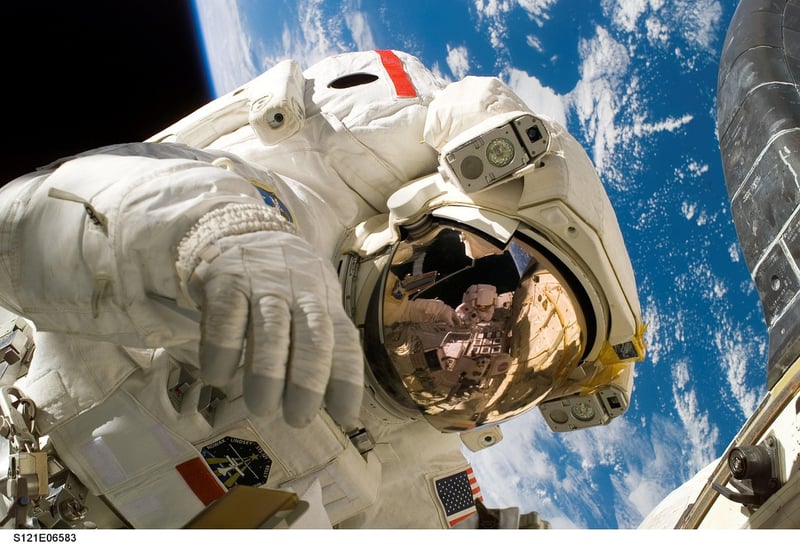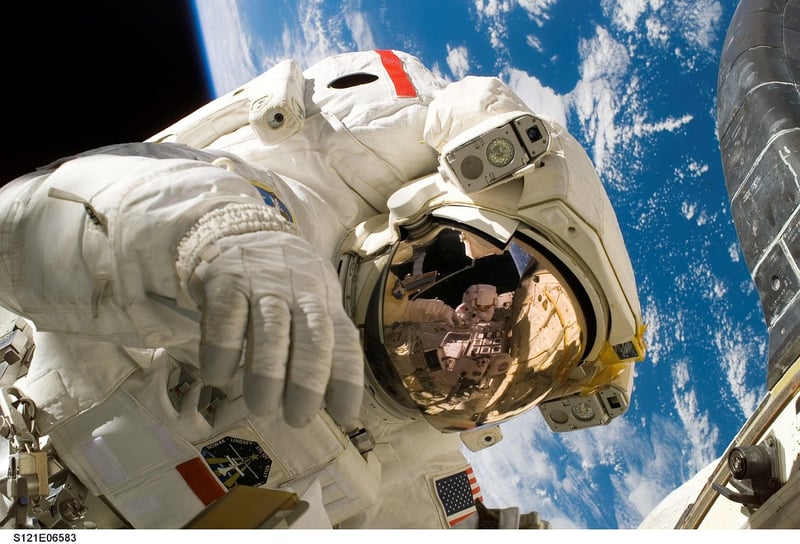Space Exploration
The Fascinating World of Space Exploration
Space, the final frontier, has always captivated the minds of humans. The idea of exploring the vast unknown beyond our planet has driven scientific discovery and technological advancements for decades. In this article, we will delve into the exciting realm of space exploration and discover the wonders it holds.
History of Space Exploration
Humans have been looking to the stars for centuries, but it wasn't until the mid-20th century that we made significant strides in space exploration. The launch of the first artificial satellite, Sputnik 1, by the Soviet Union in 1957 marked the beginning of the space age. Since then, numerous missions have been undertaken to explore our solar system and beyond.
Notable Space Missions
- Apollo Moon Landings: The Apollo program by NASA successfully landed astronauts on the Moon between 1969 and 1972, with Neil Armstrong famously taking the first steps on the lunar surface.
- Voyager Probes: Launched in 1977, the Voyager 1 and Voyager 2 probes have explored the outer planets of our solar system and continue their journey into interstellar space.
- Mars Rovers: NASA's Mars rovers, including Opportunity and Curiosity, have provided valuable data about the Martian surface and conditions, paving the way for future human missions.
The Future of Space Exploration
As technology advances, the possibilities for space exploration are expanding. Projects such as the Artemis program aim to return humans to the Moon and establish a sustainable presence, while plans for crewed missions to Mars are also in the works. Private companies like SpaceX and Blue Origin are driving innovation in space travel and opening up new opportunities for exploration.
Exciting Discoveries
Space exploration has led to incredible discoveries about our universe, from the existence of exoplanets in distant solar systems to the detection of water on Mars. Scientists continue to study cosmic phenomena like black holes, dark matter, and gravitational waves, pushing the boundaries of our understanding of the cosmos.
Conclusion
The quest for knowledge and exploration drives humanity to reach for the stars. Space exploration not only expands our scientific knowledge but also inspires wonder and curiosity about the universe we inhabit. As we look to the future, the possibilities for discovery and adventure in space seem limitless.

Explore more about space exploration and the wonders of the universe to unlock the mysteries of the cosmos!
